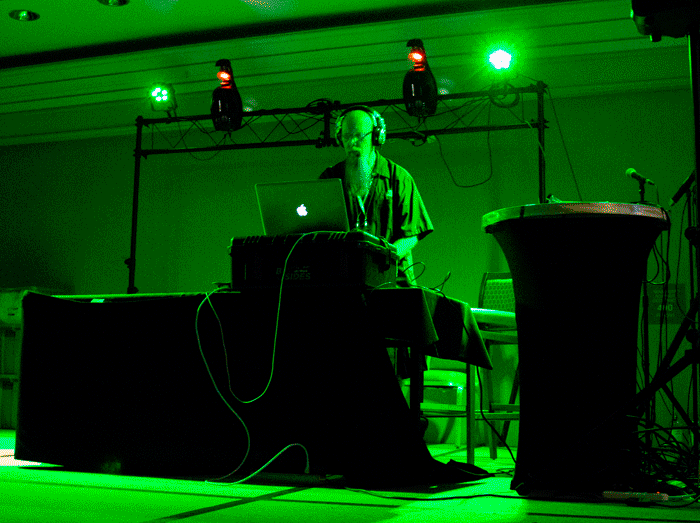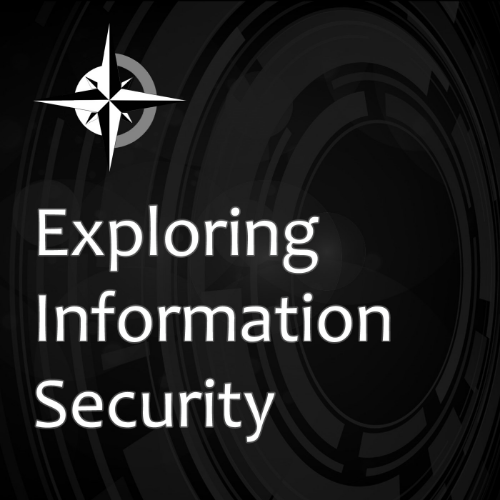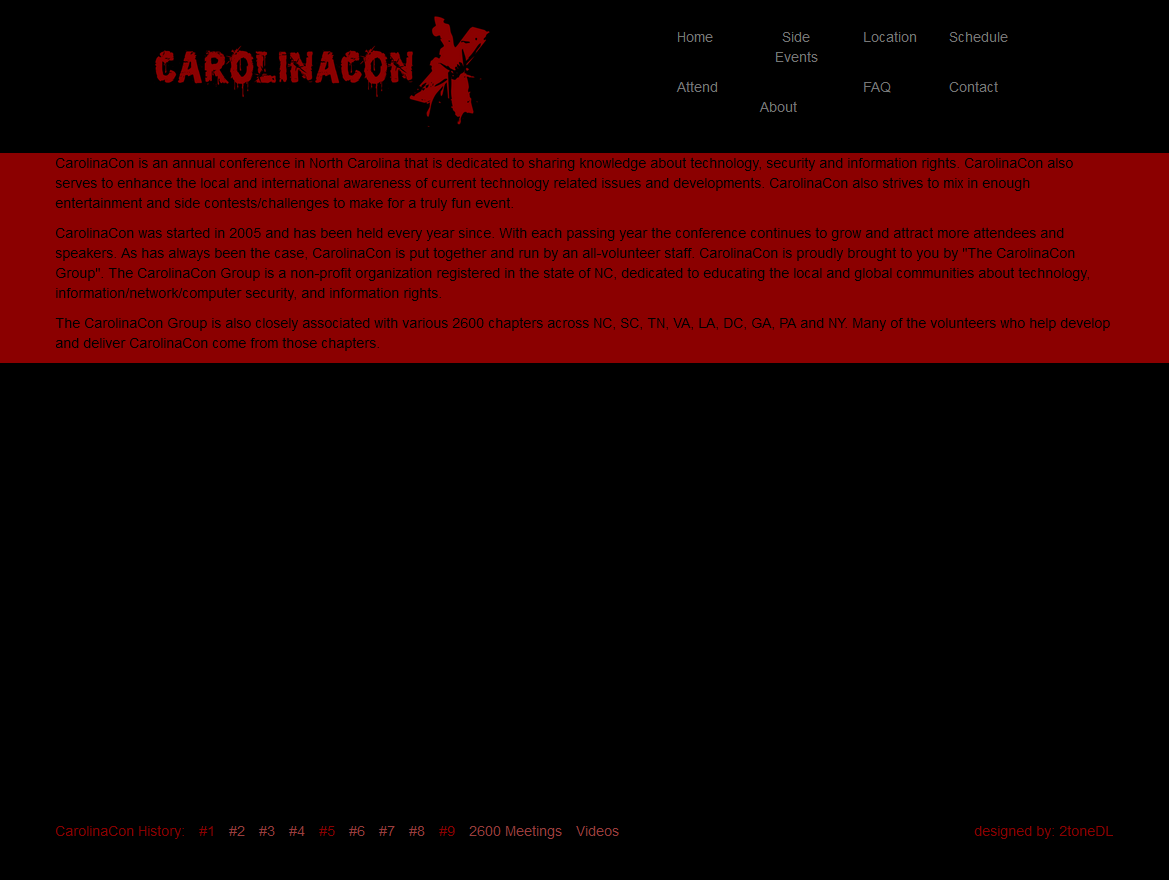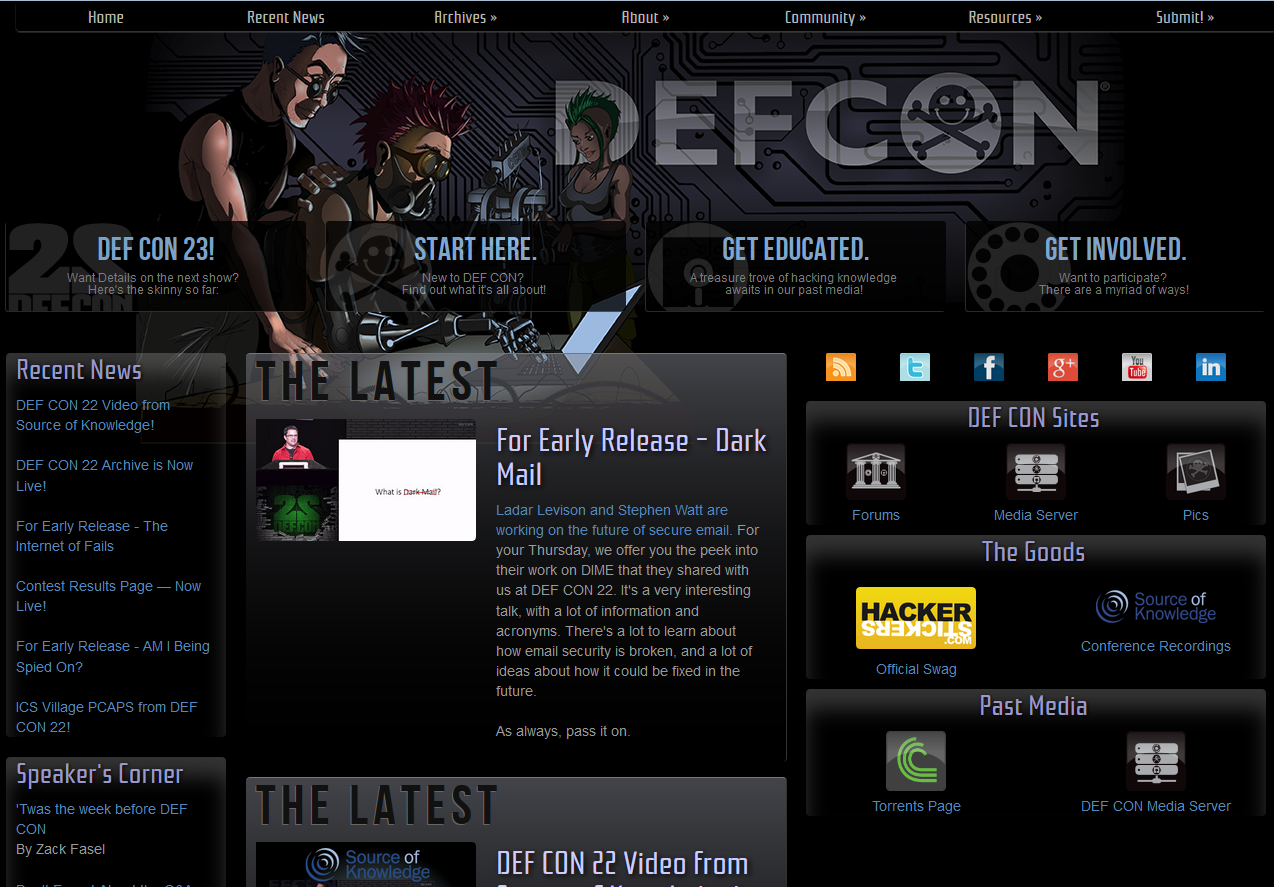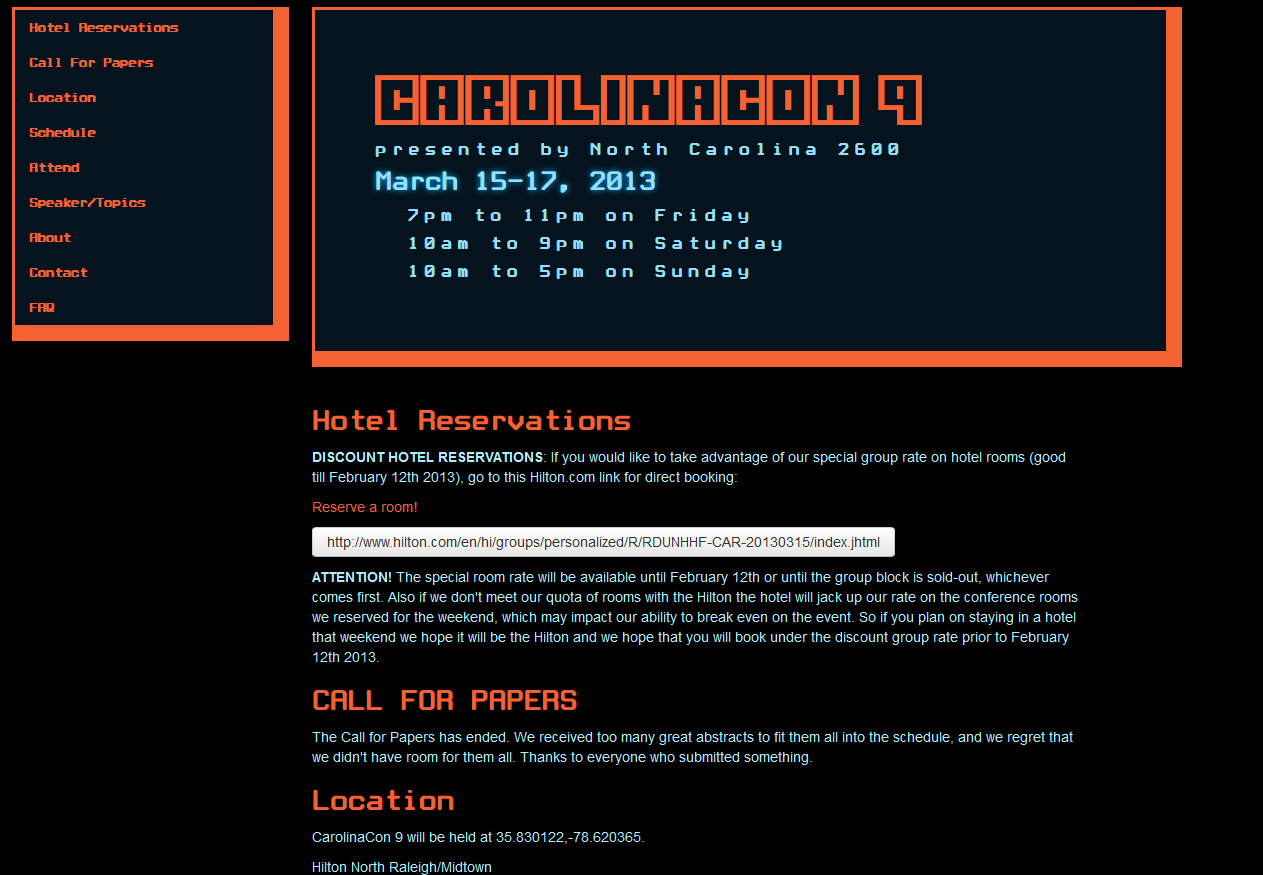Media
The gallery for BSides Augusta can be found in my Photography section.
My Blue Team Starter Kit talk is available on YouTube.
Impressions
This was my second year attending BSides Augusta. As I've mentioned several times, this is one of the best run security conferences out there. You can tell pretty quickly that the organizers put a lot of effort and time into ensuring everything runs smoothly. This year was no different. I heard Mark Baggett tell one persont hat there were some minor hiccups in the morning. I didn't notice them. The only thing I could tell was that they overlooked the registration line. They had lines divided up into last name, but it was apparent entering the building.
Aside from that, everything else ran smooth for the conference. Speaking of attendance, the number reached 500 this year. That's up from 300 last year, which makes Augusta one of the bigger BSides events. The event is expected to grow even more as the Army continues to grow its cyber command at Fort Gordon.
I didn't get to sit in a lot of talks, but there seemed to be a pretty strong malware theme this year. Joel Esler's "2015 - It's Not Over Yet" and Wes Widner's "Lessons Learned from Analyzing Terabytes of Malware" are two such talks that stood out to me as I hoped from track to track taking pictures. But Paul Melson's "Viper Framework for Malware Analysis" and Alex Rymdeko-Harvey's "Malvertizing Like a Pro" are two more talks that deal with malware. I plan to go back through several of the session's at BSides Augusta after the baseball season is over.
If you live in the South East, I highly recommend BSides Augusta. Especially for security professionals working on a blue team. It's rare for a security conference to have two blue team tracks and I don't see that changing in the future. Put the event on your calendar for next year. I promise you won't be disappointed.
This post first appeared on Exploring Information Security.







